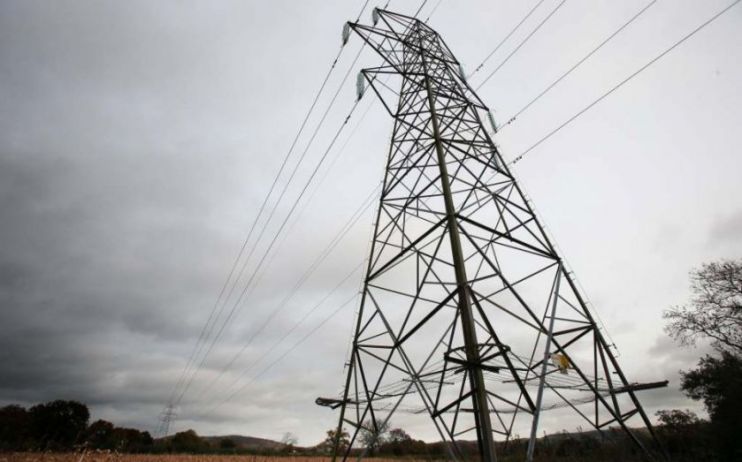Nationalising the Big Six could leave British pensioners out of pocket

A trade union plan to nationalise the UK’s biggest energy suppliers could favour foreign investors to the detriment of British pensioners, a city lawyer has warned.
Jeremy Corbyn’s Labour party, which has pledged widespread nationalisation of the energy industry, welcomed the proposal from the Unison, one of Britain’s largest trade unions, to bring the Big Six suppliers into government ownership.
Read more: Should the government nationalise British Steel bid save
However, the move was attacked by the Conservative Party, while pro-market think tank the Institute of Economic Affairs called it “unlikely to benefit either consumers or the taxpayers who will have to pick up the bill”.
A Conservative spokesperson said: “This plan would put politicians in charge of supplying energy to people’s homes – putting investment at risk and meaning higher bills for families and businesses.”
The plan suggests nationalising the assets at a so-called book value of £6bn, below the Big Six’s estimated £9.3bn market value.
The union recognised that foreign investors, who own EDF, Eon, Scottish Power and Npower, could bring lawsuits, adding an extra £1.5bn to the government’s costs.
However, it does not account for giving a higher price to British pension funds, costing them around one third of the market value.
“Their solution bizarrely, is going to give full value to Spanish, French German investors. But then give the low amount to British pension funds and other UK investors,” said Dan Neidle, a partner at law firm Clifford Chance. “It seems an amazing position to take.”
Unison argued that the plan would allow Britain to tackle the climate emergency head-on through a coordinated national effort.
“In an instant a green army of thousands of workers could begin helping consumers reduce their energy consumption, bills and the country’s emissions. Solar panels and greener hydrogen boilers could soon become the norm,” said Unison general secretary Dave Prentis.
However, industry insiders today pointed to challenger suppliers, such as Bulb, which offer renewable energy tariffs cheaper than the Big Six’s regular plans.
The union said its plans would allow smaller suppliers, like Bulb, Ovo and Octopus, to remain as independent companies. They currently hold around 30 per cent of the market.
Read more: United Utilities profits rise worries over uncertainty
“The retail energy market has been undergoing an incredible transition where private investment has led to competition thriving and increased choice and services for customers,” said Lawrence Slade, the chief executive of industry body Energy UK.
He added: “Continued private investment is required to continue to upgrade our energy infrastructure and deliver smart services into homes which will not only help us tackle the climate emergency but will also help consumers save energy and money.”